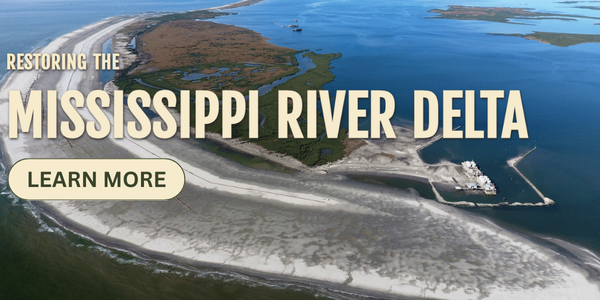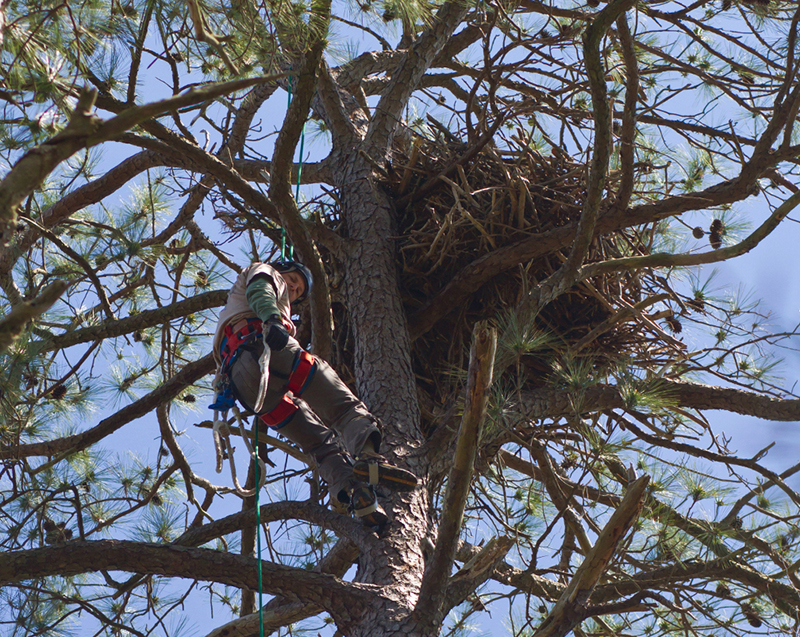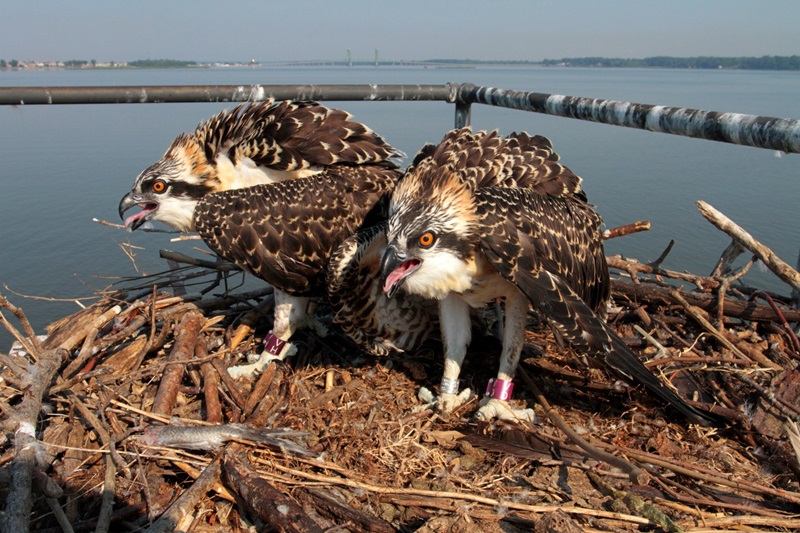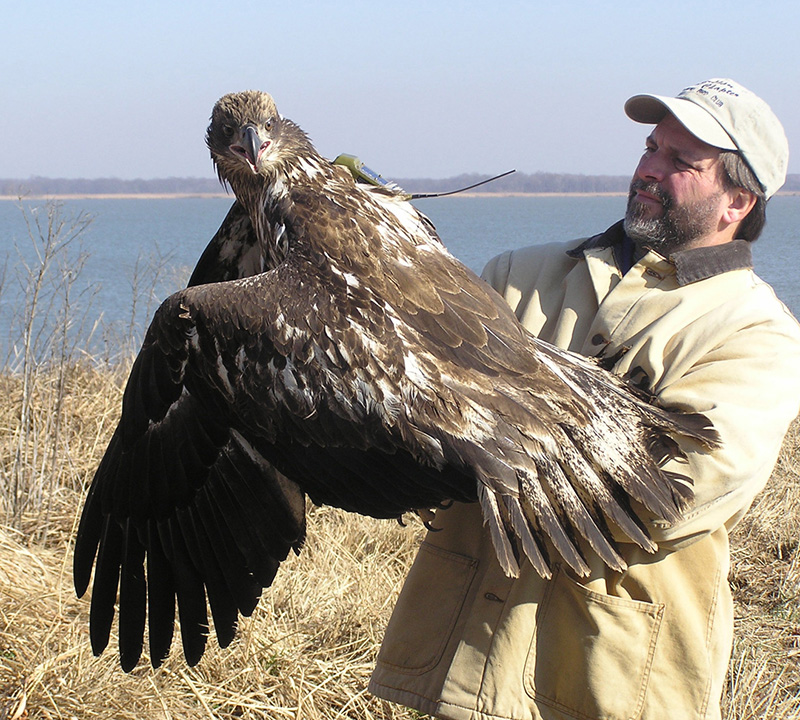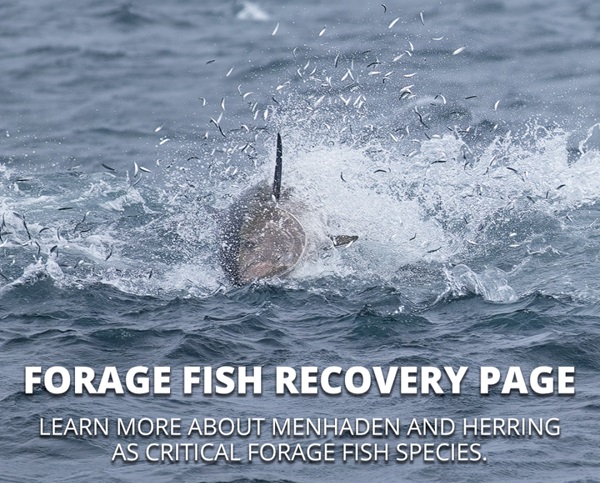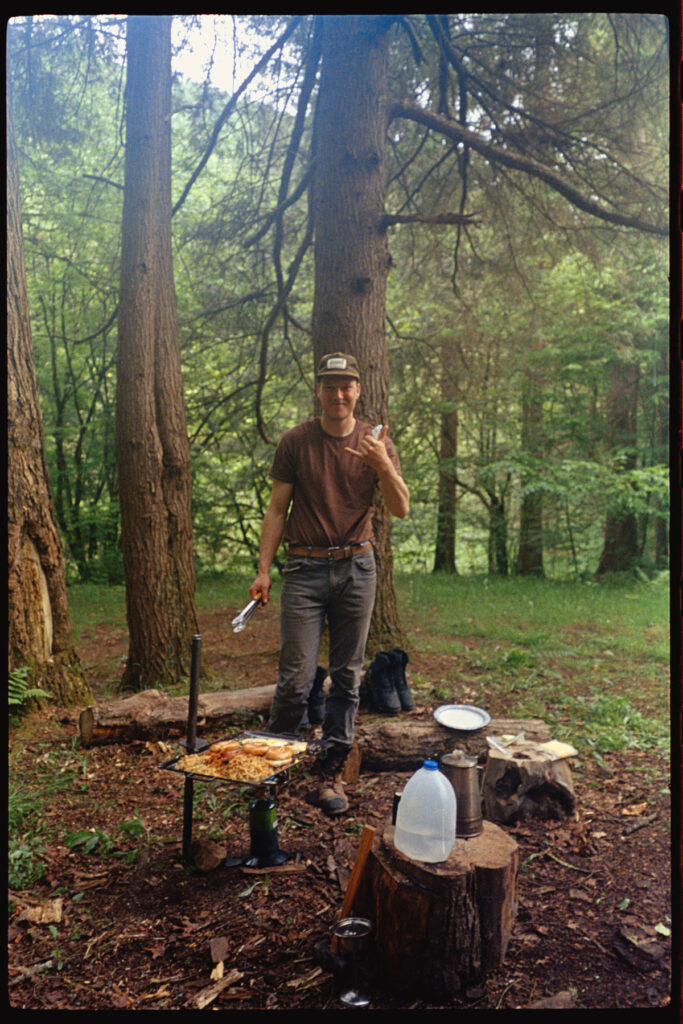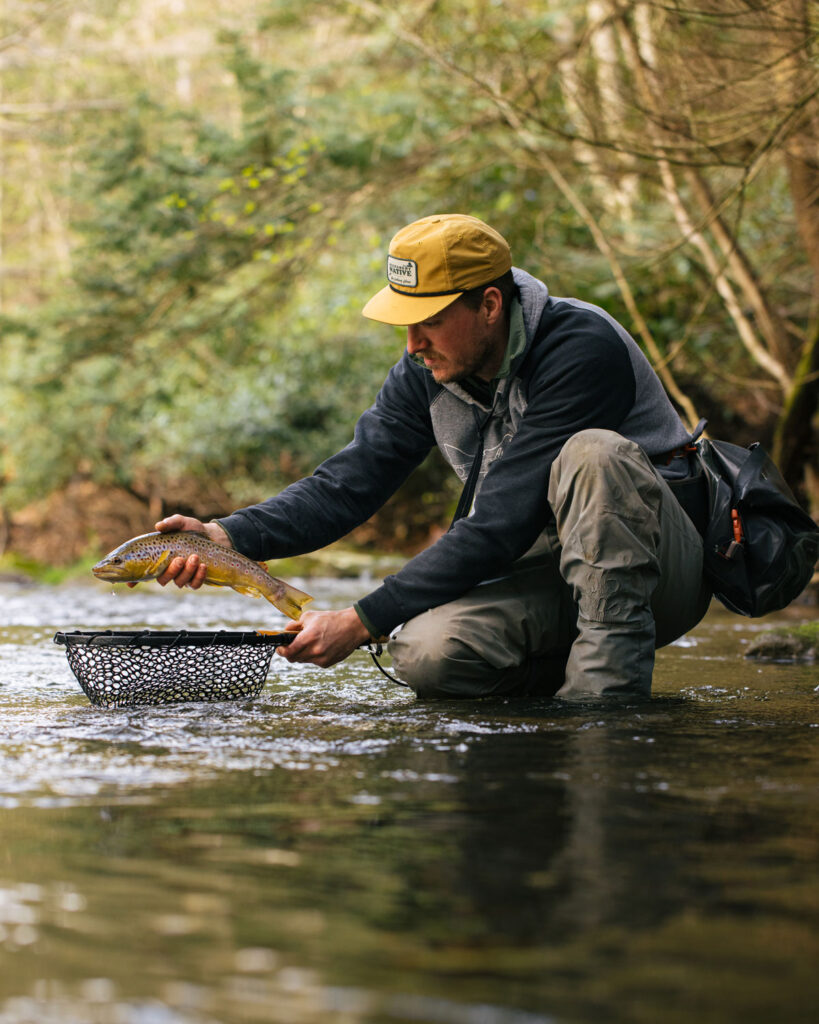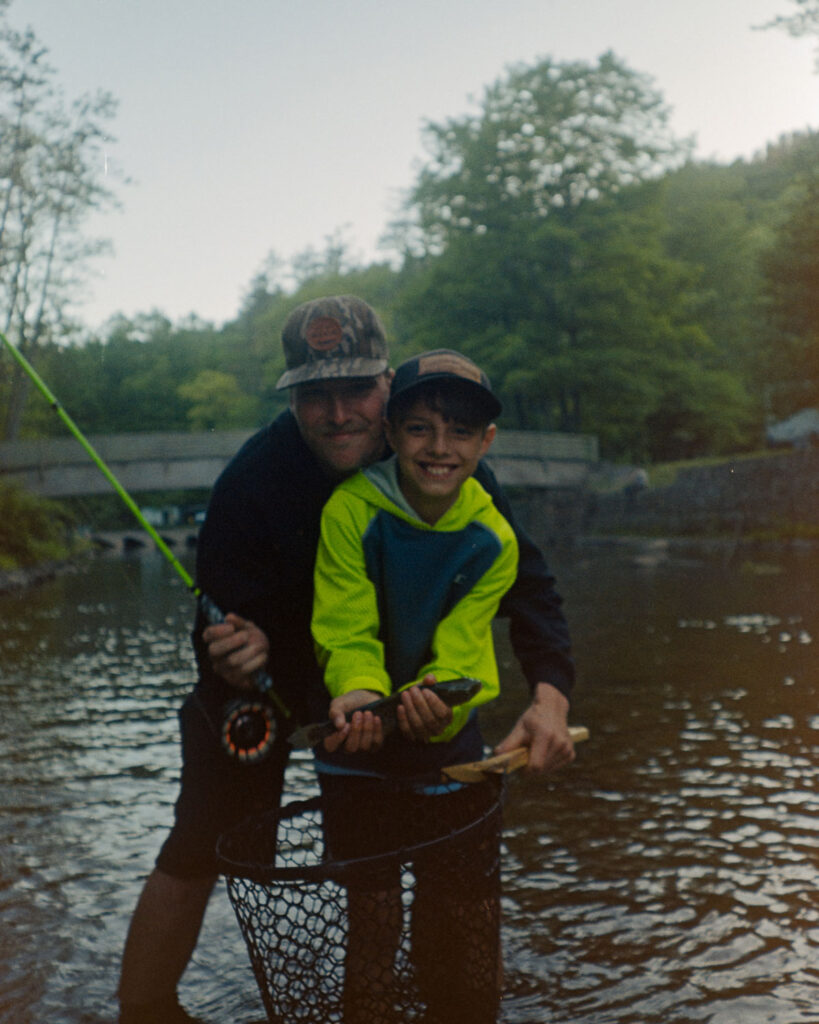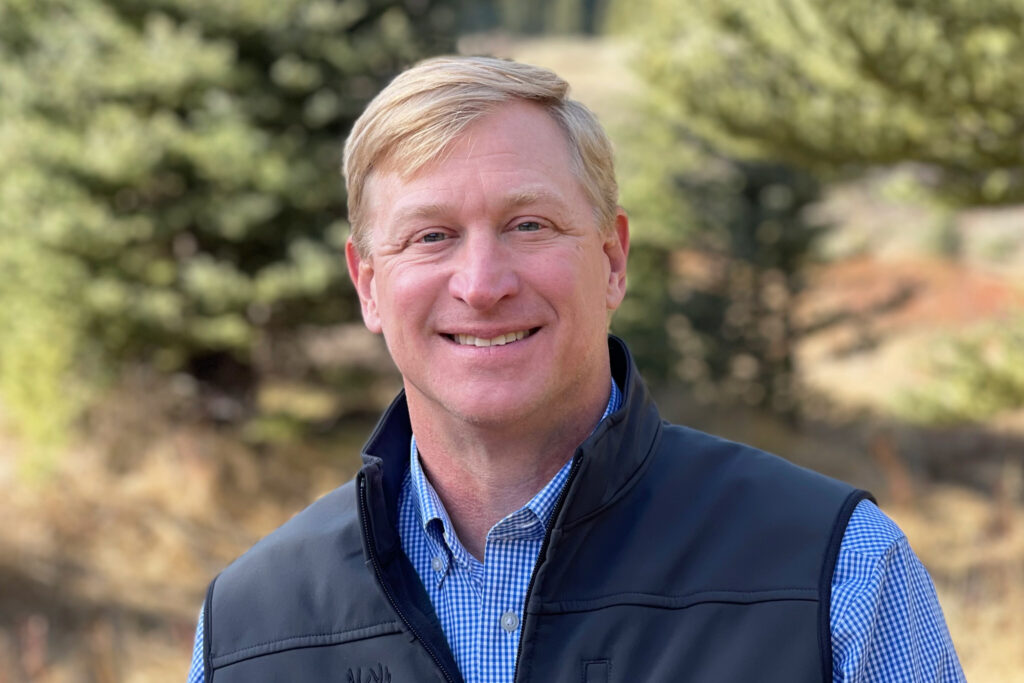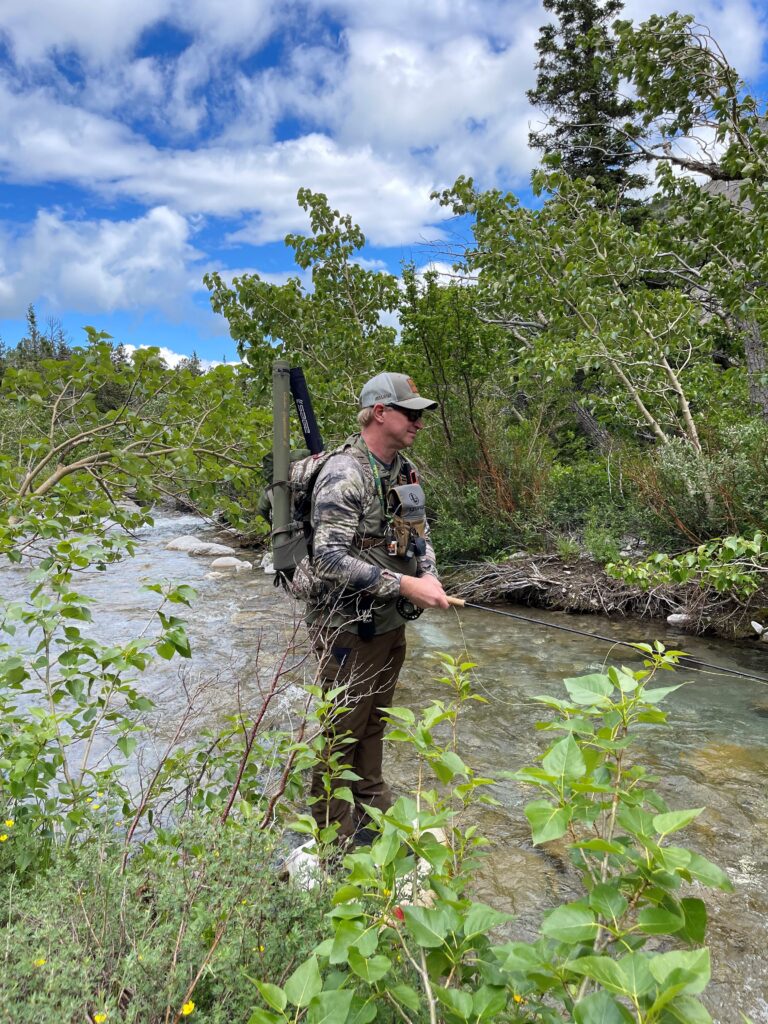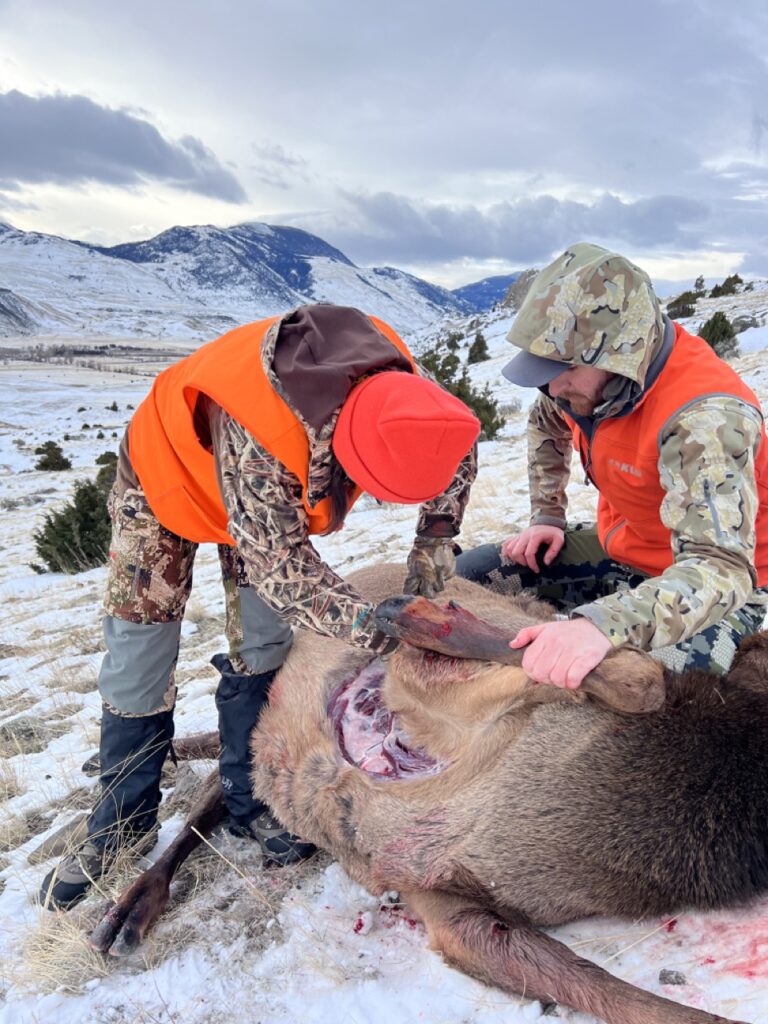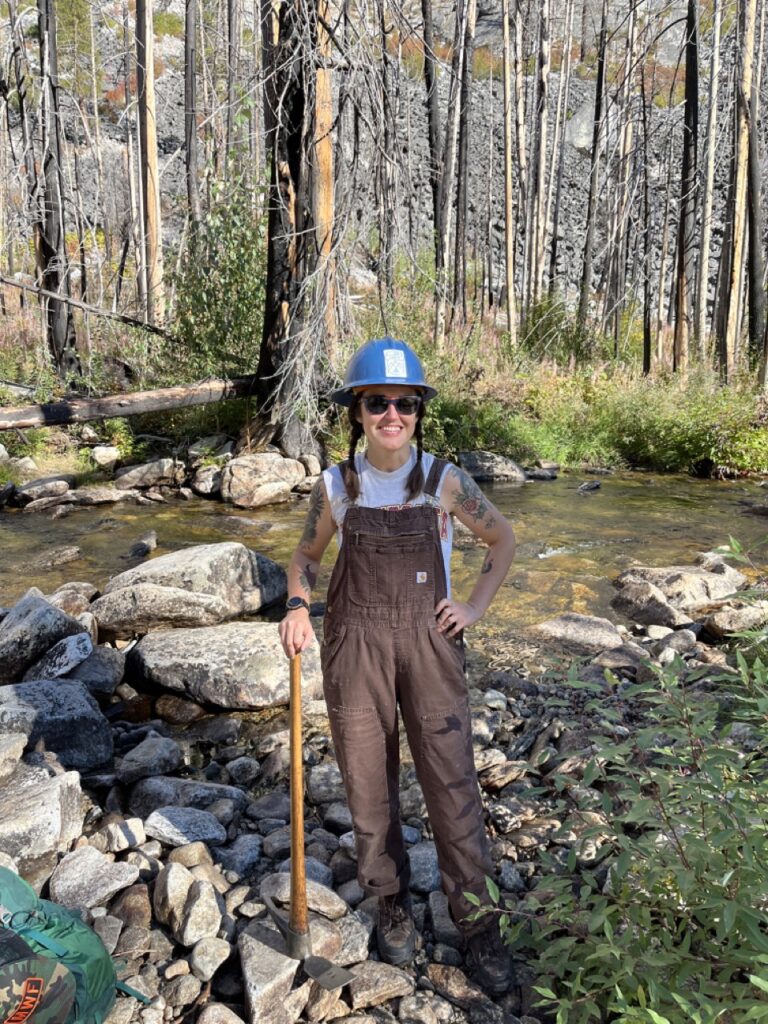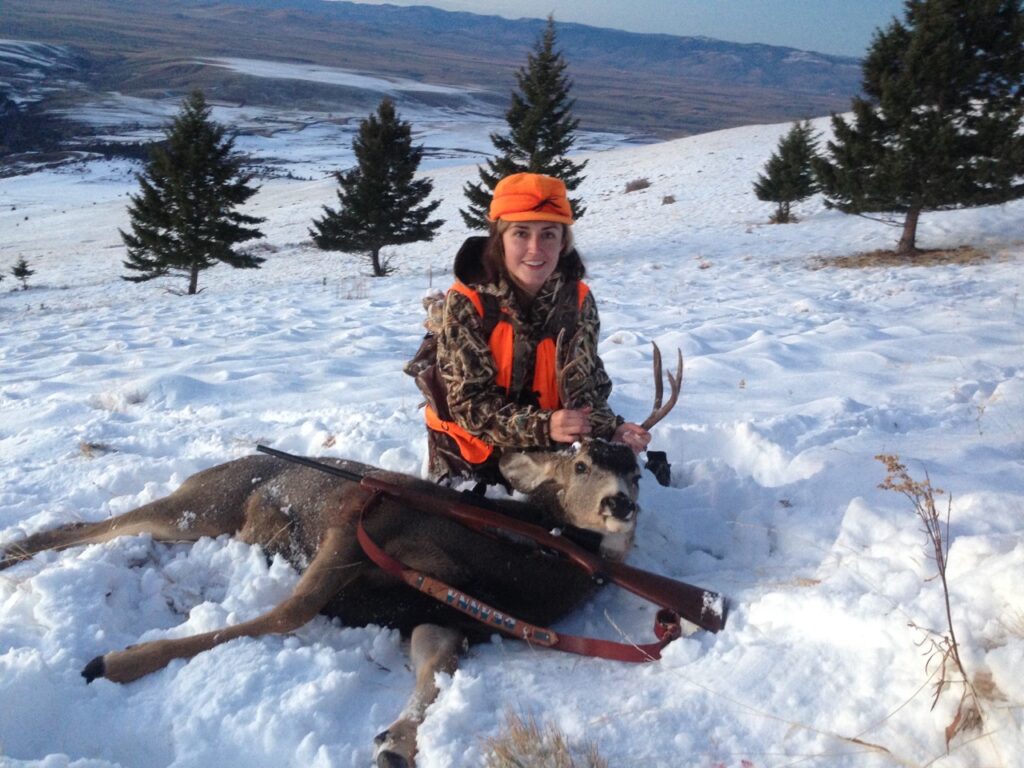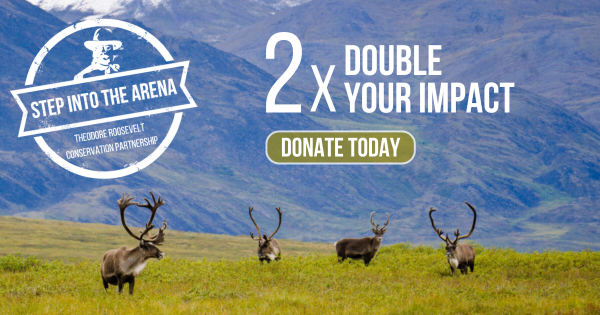TRCP’s “In the Arena” series highlights the individual voices of hunters and anglers who, as Theodore Roosevelt so famously said, strive valiantly in the worthy cause of conservation.
Alex Harvey
Hometown: Terry, Mississippi
Occupation: Consulting Forester/Wildlife Biologist
Conservation credentials: Alex Harvey, founder of Legacy Land Management, is a registered professional forester in Mississippi and Alabama with a degree in forestry from Mississippi State University, as well as a land management consultant, hunter, and angler.
Harvey is carrying on the outdoor traditions passed on to him from generations of his family, ranging from herbalism and foraging to rabbit, duck, and deer hunting, and cattle ranching. Alex also helps private landowners, many of them Black, make the most of their properties for wildlife, timber, and ecological resilience.
Here is his story.
Hunting has always been a family and community pastime. It was passed down to me from my dad, his dad, etc. I’m from a very large extended family and community that hunts and has hunted for generations. I have family heirlooms that are evidence that I’m at least a fifth-generation outdoorsman. In my family, it is customary that guns are passed down after someone passes. I was lucky enough to become the successor of most of the family’s shotguns, a rifle, and some special handguns. There’s a story that I tell on the NWF podcast about my grandmother being handed a .32 caliber pistol by my great-grandmother (her new mother-in-law) and told to go chase down a rabbit and shoot it for dinner.
I had the opportunity to hunt with Randy Newberg of Leupold’s Hunt Talk Radio/Fresh Tracks and Hal Herring of the Backcountry Hunters and Anglers Podcast & Blast in January 2023. They both came down to Mississippi, and I was able to introduce them to members of the hunting club where my dad hunted in the Mississippi Hill Country and the Delta.
My dad became a member of all African American hunting club there in the early eighties. My brother and I grew up hunting there along with other families. I was able to introduce Randy and Hal to a couple of legends in their own right. That was indeed very special.

Hunting has always been about connection for me. Hunting with loved ones, dear friends. In many ways, I prefer to hunt the lands where I grew up because it helps me feel connected to friends and family that have passed on. So, the Mississippi Hill Country and the Delta, quail hunting in south Mississippi and Alabama, and Louisiana duck hunting are all places I always want to hunt. I’m also open to make new connections and find new favorite places.
“The issue of conservation intersects with economics, thus those communities that have less are sometimes challenged by things that many might not recognize as a barrier. But my work is centered around how to address those challenges and find ways to simply put conservation into practice.”
I chose a career in conservation because I grew up in the outdoors. At the same time, it has helped me to become a better outdoorsman. As a forester, I write silvicultural prescriptions that determine the composition/structure and quality of forests to meet the various needs that society has. By going to Forestry School, I became educated about the life history of a forest based on local and regional factors. This has helped me to better understand what healthy wildlife habitat and healthy wildlife populations look like.
Forest health is a persistent challenge. Having healthy, vigorous, diverse forests that are home to healthy wildlife populations remains a challenge. As it pertains to the landowner clients that I represent, which are largely minority’s or what the US Department of Agriculture identifies as underserved and socially disadvantaged landowners, issues such as lack of clear title/heirs to property create a very difficult hurdle for enrolling in important landowner assistance programs that can help families establish forests and begin the process of creating long-term wealth investments. The issue of conservation intersects with economics, thus those communities that have less are sometimes challenged by things that many might not recognize as a barrier. But my work is centered around how to address those challenges and find ways to simply put conservation into practice.
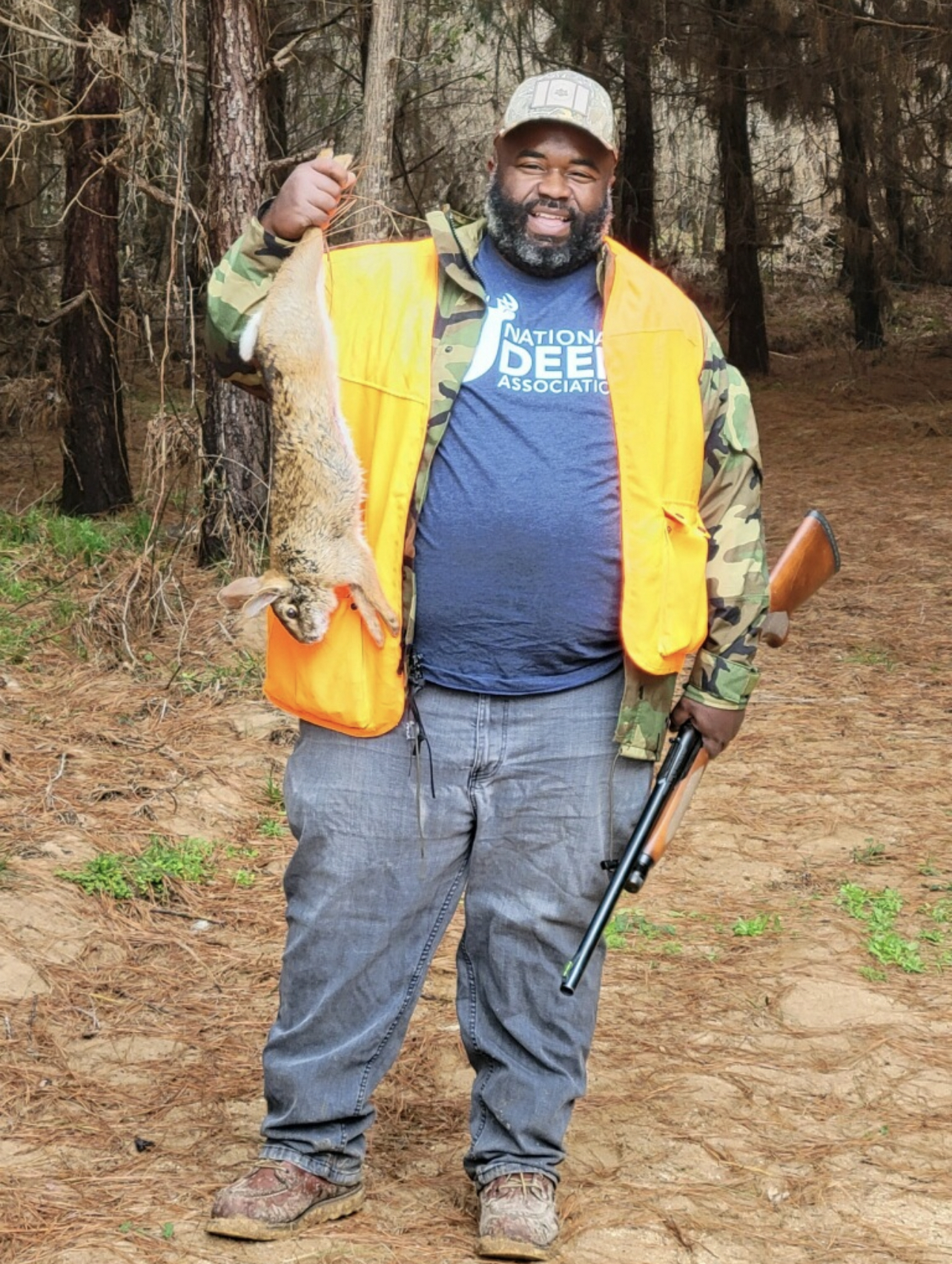
The aim of conservation is literally to have a healthy and productive planet for current and future generations to live on and benefit from. From the wood fiber that we need to build our homes, to the pastimes that we enjoy in the outdoors, to the food we eat, and the air we breathe, all of these things are vital for our needs as a society. The extra added reality that communities that practice conservation tend to be more stable economically builds an extra level of importance where it pertains to issues of equity and social justice.
Photo credits: Alex Harvey
Learn more about TRCP’s work in the Mississippi River Delta below.

